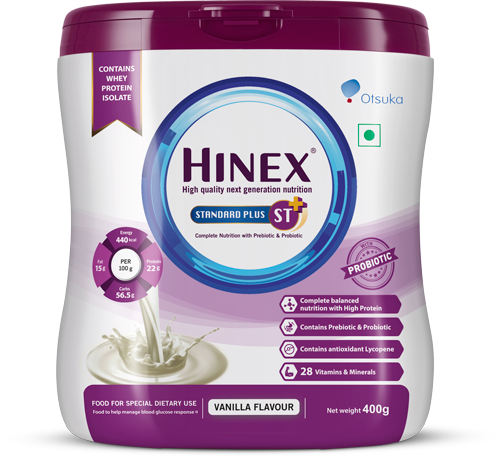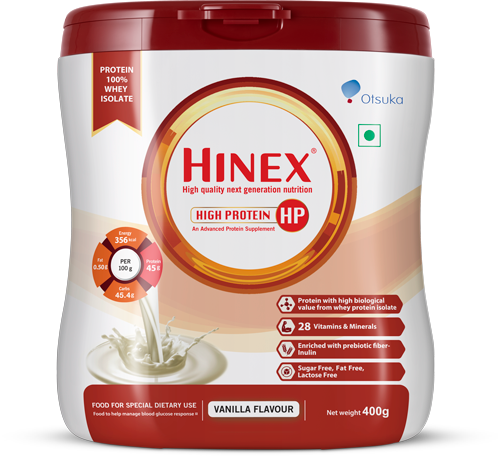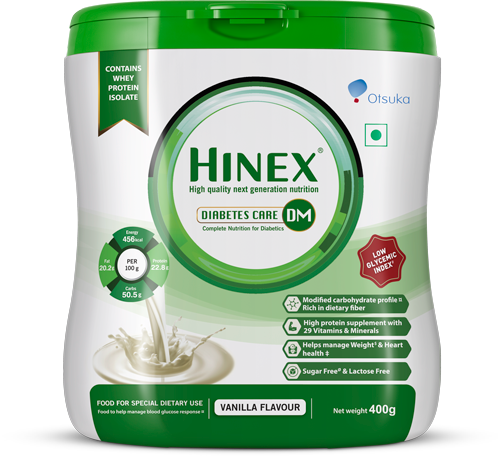Secrets of healthy ageing with healthy eating
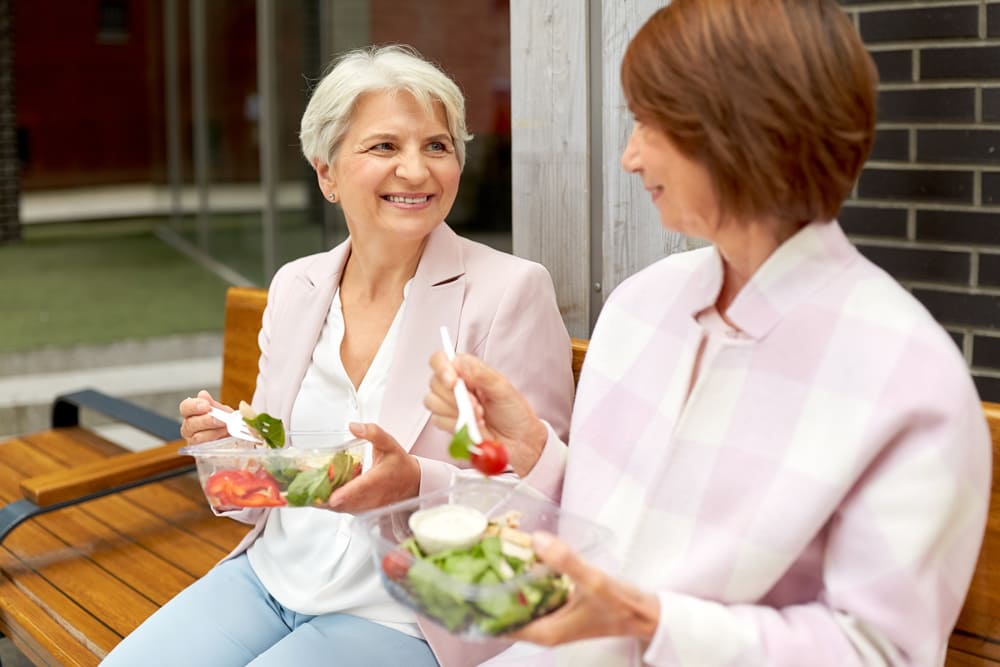
Eat ideal for healthy ageing
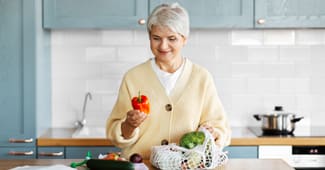
Eating well with right amount of nutrition becomes essential as we grow older, therefore eating right in the right amount is preferred. Apart from keeping the body healthy, eating well can also be the key to being mentally optimistic and staying emotionally balanced. The secret of a healthy diet is to include as much as fresh foods as possible and avoid processed food in your diet. It should include a balance of fruits and vegetables, whole grains, and dairy products.1
Diversity or variety in healthy eating is the key!
Eating a variety of healthy foods is the best way to get the nutrients and minerals from your daily diet. Here are a few tips to add variety to your dining table –
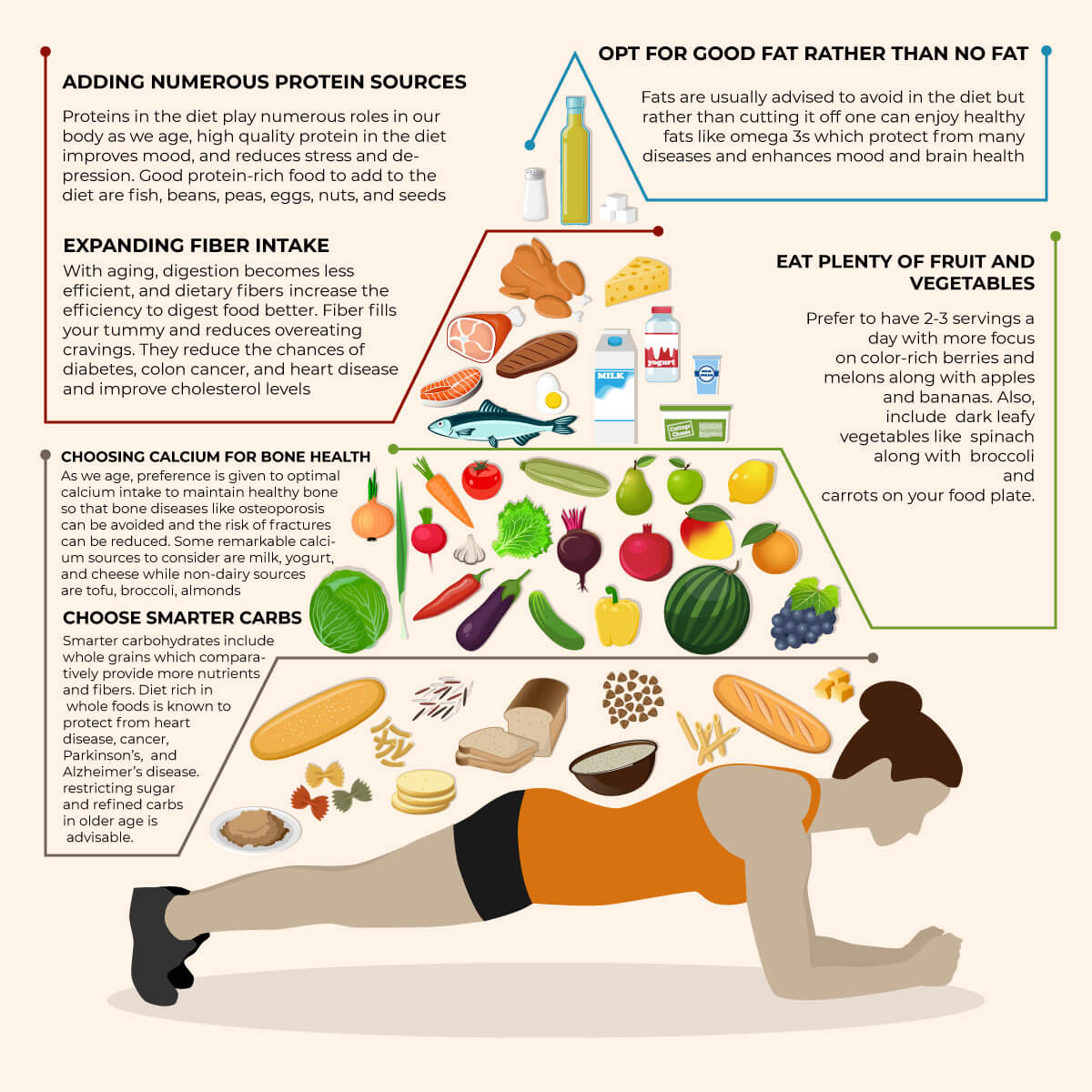
The role of water in old age is also equally important. Aging compromises your sense of thirst and often makes you dehydrated. Sipping water and other fluids at regular intervals makes you hydrated and avoids problems of urinary tract infections, constipation, and confusion. Intake of about 6-8 glasses of water is beneficial.1-3
Why eating healthy is important for healthy ageing?
As the season of life changes, so is the need of your body. Therefore, you need balanced nutrition on your plate that satisfy all the needs of important vitamin and minerals required by the body to function properly in this phase.
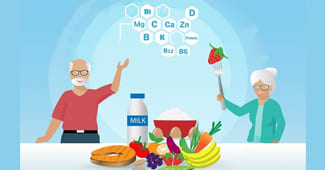
Eating healthier in old age improves mental health, maintains energy levels as well as strengthens the immune system to fight several diseases. Vitamins are known to resist infections and keep your nerves healthy, while others may help your body get energy from food or help your blood clot properly. Different minerals and vitamins are required for specific functions and in specific amounts. Like iodine and fluoride are needed in very small quantities while calcium, magnesium, and potassium, are needed in larger amounts.2,3
Dietary supplements: Can be a great helping hand when taken under medical supervision!
Physical changes due to aging make the body weak and less efficient. It affects metabolism, digestion, and sensing ability. So, to make up for this loss your body may need dietary supplements, which are substances that lower the risk of health problems. Dietary supplementation usually contains vitamins, minerals, fibers, amino acids, herbs, or other plants. A doctor or a dietician is the best person who can recommend these:
Advice or consultation from a doctor is always a great way to check whether you need to change your diet or take a vitamin or mineral supplement to get enough of vitamins and minerals in this phase of life.3,4
References
1. Healthy eating for older adults. Available at https://www.nidirect.gov.uk/articles/healthy-eating-older-adults accessed on 28.12.2022
2. Eating Well as You Age. Available at https://www.helpguide.org/articles/healthy-eating/eating-well-as-you-age.htm accessed on 28.12.2022
3. Vitamins and Minerals for Older Adults. Available at https://www.nia.nih.gov/health/vitamins-and-minerals-older-adults accessed on 28.12.2022
4. Dietary Supplements for Older Adults. Available at https://www.nia.nih.gov/health/dietary-supplements-older-adults accessed on 28.12.2022
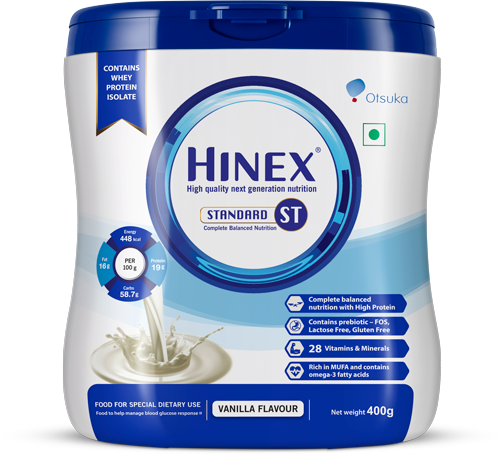
 Buy Now
Buy Now Buy Now
Buy Now